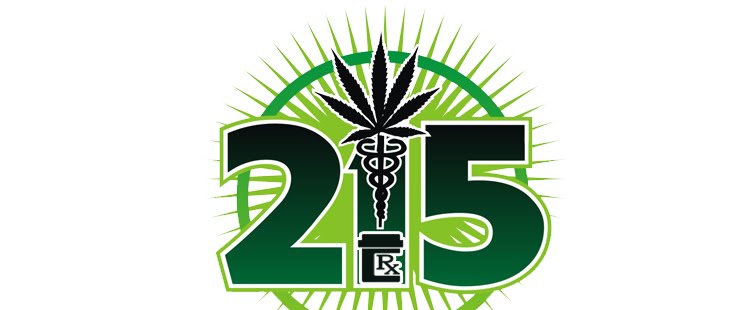The forgotten pioneers within the medical marijuana industry
The forgotten pioneers within the medical marijuana industry
Tuesday, July 27th, 2010
Proposition 215 was a California State voter initiative, also known as the Compassionate Use Act of 1996, authored by Dennis Peron, Anna Boyce,...
Keep Reading » Proposition 215 was a California State voter initiative, also known as the Compassionate Use Act of 1996, authored by Dennis Peron, Anna Boyce, Valerie Corral, Dale Gieringer, William Panzer, Steve Kubby, Richard Cohen, Ivan Silverberg, and Tod H. Mikuriya. Approved by voters in 1996 it allows those with a valid doctor's recommendation to possess and cultivate marijuana for personal medical use. It has also been expanded to protect a growing system of collective and cooperative distribution, but is not very well regulated or clearly defined. As such, implementation across the State varies widely, some counties and cities trying to ban it all together, while others such as San Francisco, Oakland and Santa Cruz embrace it with city-sanctioned gardens, patient programs and even taxation.
It was back in 1993 when Dennis Peron, one of the key authors of Prop 215, opened the first California medical marijuana dispensary in San Francisco, The Cannabis Buyers Club, supplying medical cannabis to patients in need through a truly compassionate business model. It was a genuinely care giving enterprise to safely serve those suffering from a number of serious illnesses and disabilities which cannabis helped with the associated pain, appetite, nausea, and more. When they moved to their permanent location on Market Street in 1994 it became the headquarters for the 215 movement and model for future outlets. In mid 1996, with polls showing a clear majority ready to vote in favor of medical legalization and more clubs gearing up to open, then acting Attorney General Dan Lungren made his first move against the clubs by ordering the DEA to raid the Cannabis Buyers' Club. This, just one instance of a long line of tribulations Dennis has had to endure which has helped enable the industry to become what it is today.
About the same time Dennis was setting up the Cannabis Buyers Club in San Francisco, WAMM was being established by Valerie Corral and Husband Mike Corral in Santa Cruz. WAMM (Wo/Men's Alliance for Medical Marijuana - www.WAMM.org) is the first medical marijuana collective to be granted non-profit status in the United States. It is also considered to be the most legitimate medical marijuana collective and cooperative in the nation due to their truly compassionate commitment to the cause and dedicated non-profit attitude. It is a model on how every medical marijuana enterprise should be developed based on the written law. Despite this, on September 5, 2002 armed federal agents from the DEA raided the WAMM garden, arresting the Corrals, detaining and restraining critically ill and disabled patients, and destroying the entire collective's medicine. Years later Valerie continues to care for her patients and if it was not for her die hard commitment to the cause patients and even growers would never be in the permissible state as they are now.
But when asked to a large group of newbie commercial growers, growers that each distribute more then $30,000 a month to our local dispensaries but have only been in the business 5 years or less, what they know about the leaders and activist founders, the current laws, and how their businesses are structured; most did not know the individuals mentioned, and the majority were not structured legally through a non-profit organization as required with current laws. Nearly all agree they are primarily profit minded, care less about the cause, and have little compassionate association to patients. Typically they still look at it as a black market, only now with viable methods of distribution, and do not pay taxes nor operate within the perimeters of the law. A lot of this is based on unclear regulations, continued DEA arrests and federal influence, and non cooperating cities that force growers to stay underground. But there seems to be a lack of compassion or care to those that led the way or those that use the product for medical use with only finding self-indulgence and free-enterprise leading the way.
